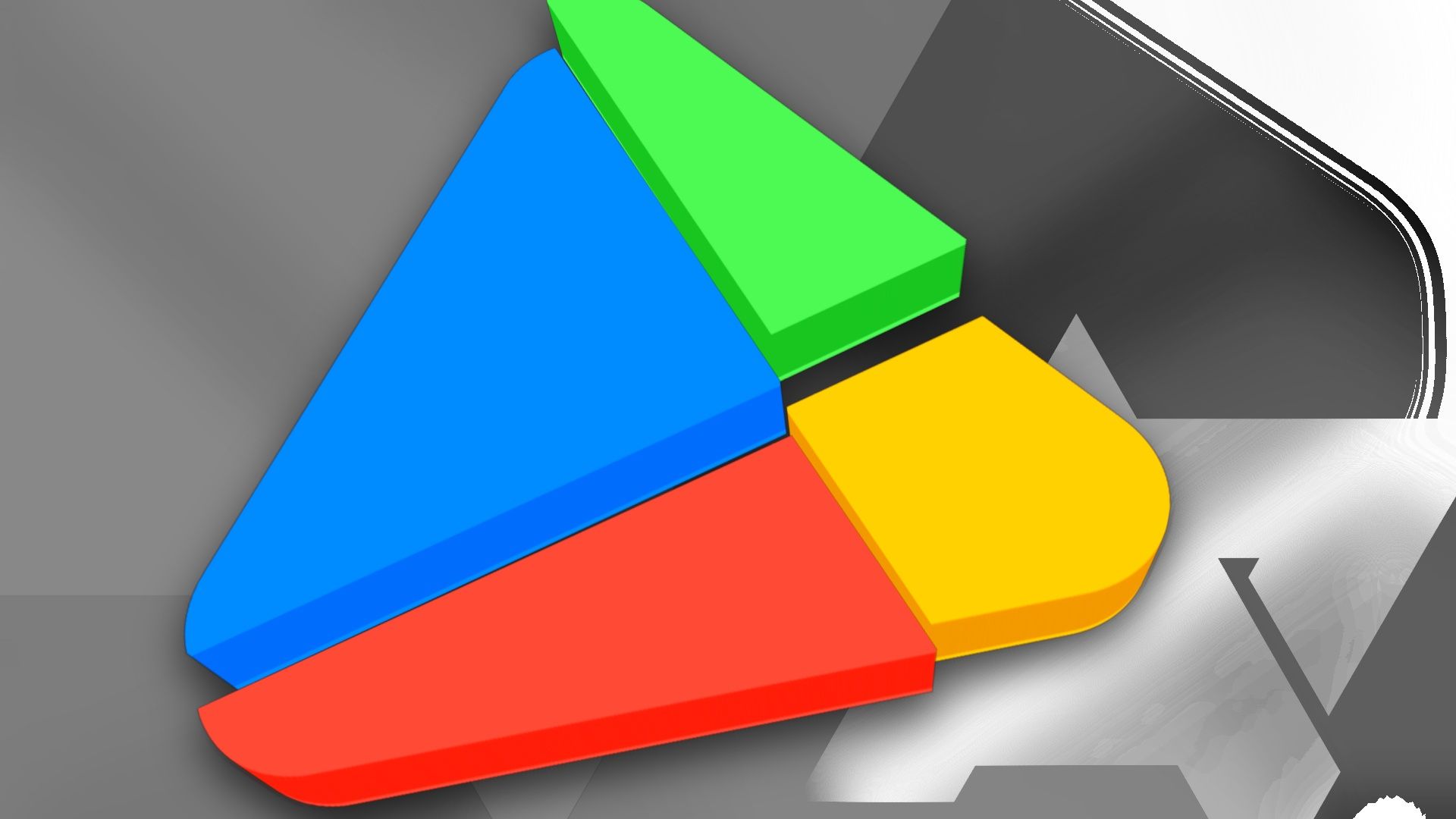The appeal of mobile applications lies in innovation. App developers provide a service to fill a need that the common user didn’t even know they had, as well as emulating other tasks with greater convenience. From services that track fitness to those that simulate traditional board games, innovation keeps our trusty Android phones useful, or at least, it did. These days, the more I engage with my smartphone, the fewer apps I use, and my enthusiasm for exploring new Play Store content is at an all-time low. Genuinely interesting apps are nigh impossible to find due to laziness, unoriginality, and homogenization. When was the last time you went scrolling in the Play Store for fun?

How to get a refund from the Google Play Store
Because sometimes $1.99 is still too expensive
Play store homogenization
Apps are starting to look the same
Homogenization is the main issue at the heart of app development’s downfall, with every app borrowing more and more content from its contemporaries until their distinctive lines become blurred to non-existence. This is particularly bad with social platforms like Facebook, YouTube, and Instagram, whose apps all used to be unique and distinctive. Now they all sport feature lists that look disconcertingly similar. For example, there was a time when the story feature, where users could give quick updates on their lives, was exclusive to Snapchat. Now it’s a common feature on all the other social platforms I use, even on messaging apps like WhatsApp. This is awkward for Snapchat since the story feature was easily one of its most bankable ideas.
Additionally, though they go by different names on their respective platforms, the reel feature popularized by TikTok has been adopted wholesale by Facebook, YouTube, and Instagram with great success. The only way TikTok could maintain popularity with its flagship feature was to abandon its gimmick of making each video short, which worked until the rest of the social media app landscape tragically followed suit. TikTok shop remains one of the app’s sole USPs, and even that is just a knockoff of Shein. The resemblance of all popular apps resembling each other might be convenient, but it’s hard to get excited about when considering how redundant it makes half of our libraries. After all, what reason do we have to keep multiple social media accounts, when choosing one is based on nothing more than nostalgia?
Web apps and profiteering are dominating
Native apps are losing their identity
There are even some instances where innovation is leaving the concept of traditional apps behind. Systems like ChromeOS have been weaning us onto web apps for ages, and it’s easy to see the appeal. They tend to be more flexible and exploit cross-platform compatibility in ways that native apps can only struggle to imitate poorly. This is the point where native app developers need to start showing off what makes their work special and worth public attention; and therein lies the issue.
However, the stagnation of the app scene is not all on the popular apps. The uninspired torrent of low-effort copypasta plaguing the Play Store isn’t helping either. It’s become a running joke that the precious few genuinely creative apps get swarmed by subpar knockoffs, desperate to get some of that app’s popularity while it’s still a hot topic. These ripoffs are a major annoyance while searching for the real deal, running the risk of turning users off altogether. If it’s not amateur clones, it’s tacky gambling apps and ad fodder hogging valuable space. And who wants to sift through all that just for the slim chance you might find something cool?
App development needs to change its tune
Despite the presently unimpressive landscape, I haven’t lost faith in the Play Store completely. Occasionally, I will find something that surprises me, although that is primarily due to APs help. The mobile app market isn’t going anywhere, either. As annoying as those gambling and clone services are, they generate Google more than enough ad revenue to earn their server space. But it is sad to see what mobile development has become, considering how thriving it used to be. Innovation and new angles on what was once impossible used to be the rule, not the exception. As for the mobile app scene’s future, we can still look forward to existing services giving us updates and new features, but in terms of hype for original apps, I’ve got nothing.

Interview: How the Play Store is evolving with the rise of AI
Android Police spoke to Sam Bright, VP and General Manager of Google Play, in his first public interview since taking the job in early 2023











